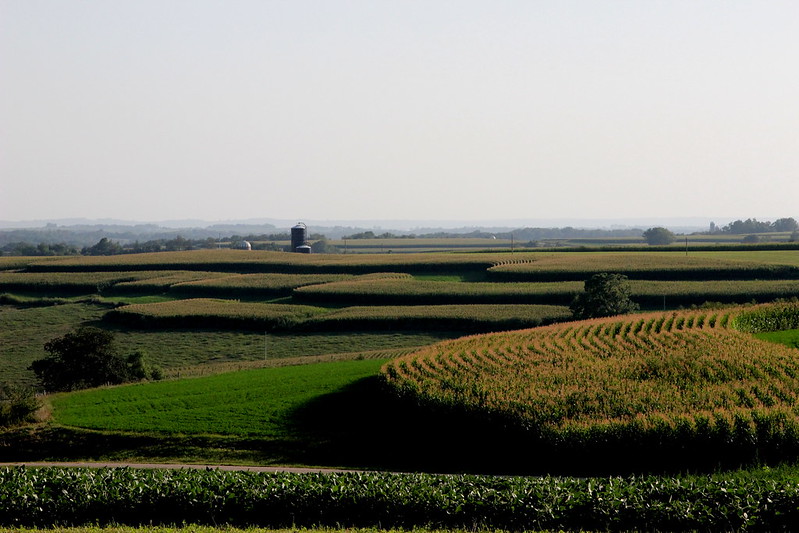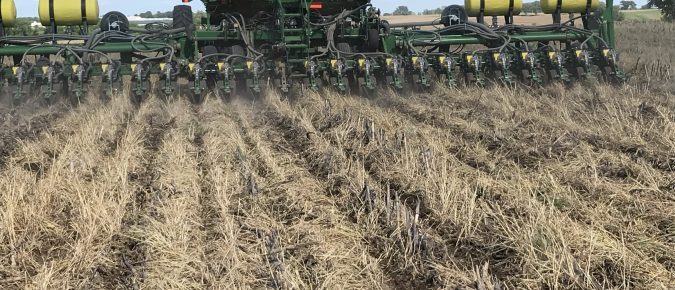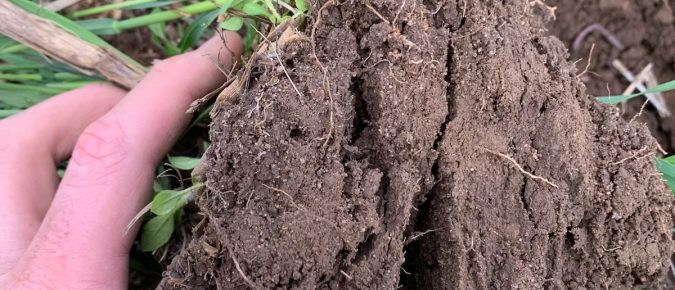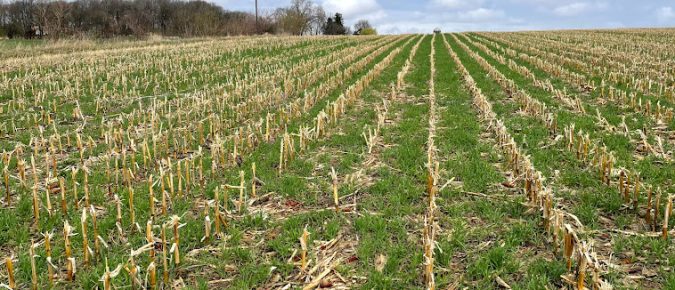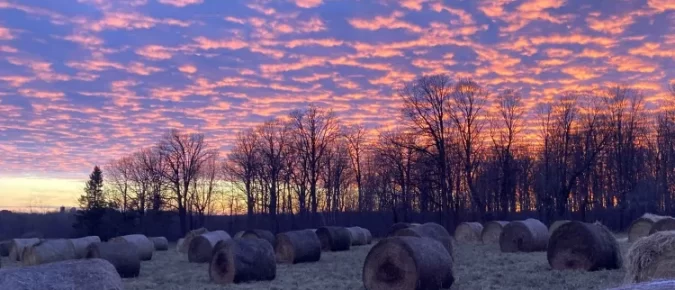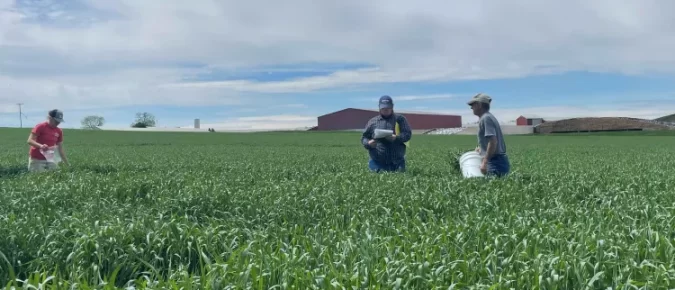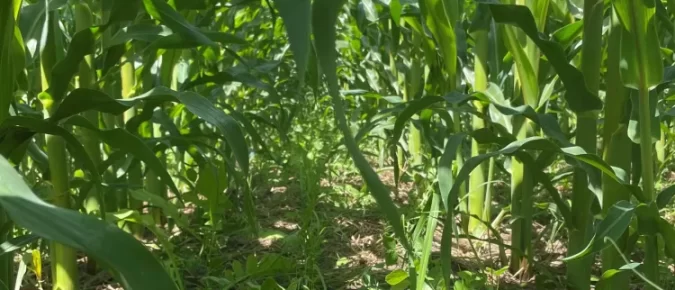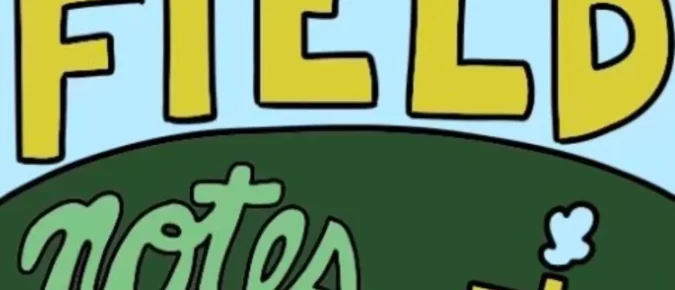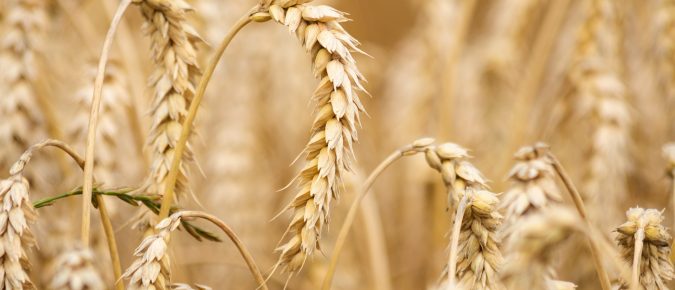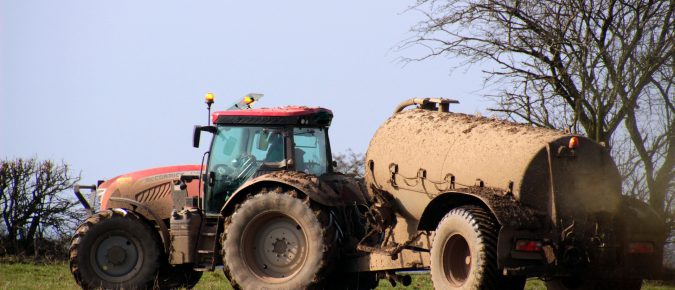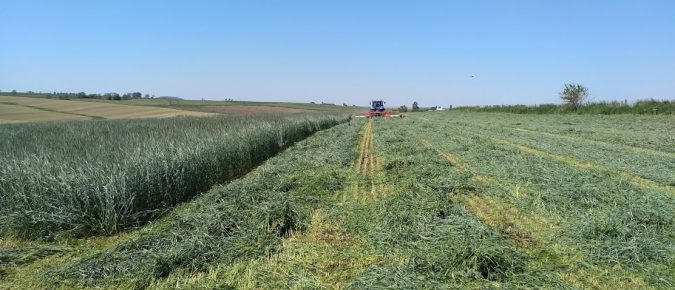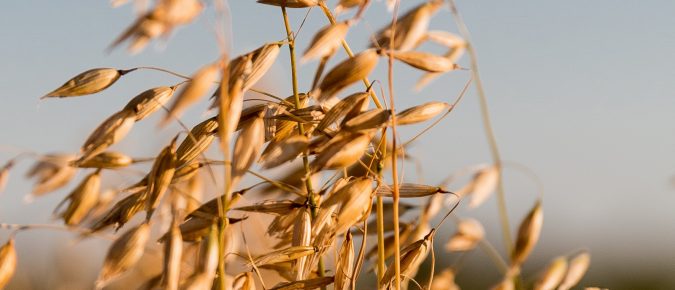It seems like every week brings another story about carbon credits for farmers. There are many factors to consider before jumping in and enrolling your farm in a carbon program. So what is a carbon credit? A carbon credit is created from a carbon offset, which is an activity that prevents the emission of carbon dioxide or another greenhouse gas to the atmosphere that would otherwise be emitted.
Everyone is talking about soil health, so we thought we should too. We chat a bit about what exactly is soil health with Jamie Patton of UW-Madison’s Nutrient and Pest Management program and Brendon Blank, a farmer and Byron Seeds rep from Ixonia, WI, and importantly, how do you measure progress?
This tool is intended to capture a snapshot of the immediate financial expenses and income that a farm may experience in using practices such as cover cropping and reduced tillage, particularly in grain crop systems.
With winter on the horizon, ensuring that your bags, bunkers, and silos are full to brim is a ready solution for easing worries about winter feed supply. But, for some farmers, the solution to winter feeding and storage is out in the field. We talk bale grazing with Jason Cavadini who, in addition to being the state grazing specialist with Extension, grazes beef cattle near Marshfield and Lynn Johnson a farmer and grazing consultant with the Northwest Grazing Network.
As fall arrives, farmers turn to harvest. Once the dust settles, some fields lay bare while others show signs of life heading into winter. We talk with Kevin Shelley of UW-Madison’s Nutrient and Pest Management program and Scott Carlson, a farmer in northwestern Wisconsin, about the benefits, challenges, and choices of planting winter cover crops.
In this, the first episode of Field Notes, we dive headlong into the practice of interseeding cover crops into standing corn, a practice becoming more popular in Wisconsin.
September 22, 2021 12:30-1:30 pm Local Update Michael (Mike) Ballweg, Extension Crops and Soils Agent Cropping Systems and Practices that Build Soil Carbon Randy Jackson, UW-Madison Agronomy Professor Setting Up the Winter Wheat Crop for Success Shawn Conley, UW-Madison Extension Soybean & Small Grain Specialist
September 8, 2021 12:30-1:30 pm Local Update Kimberly Schmidt, Extension Shawano County Agriculture Educator Are nitrate inhibitors beneficial? Carrie Laboski, UW-Madison Extension Soil Specialist Cover Crops that Best Scavenge N for Water Quality Jamie Patton, Senior Outreach Specialist, UW-Madison NPM Program
Soil health is something we hear a lot about these days. Cover crops, soil health tests, diversity in crop rotations, and reduced compaction are all ways to improve soil health. While it is true, cover crops and diverse rotations can improve soil health and tests to measure progress are good, there is some low hanging fruit that farmers may be missing when it comes to improving soil health.
Resources from the May 26, 2021 webinar.
Resources from the April 28, 2021 webinar.

